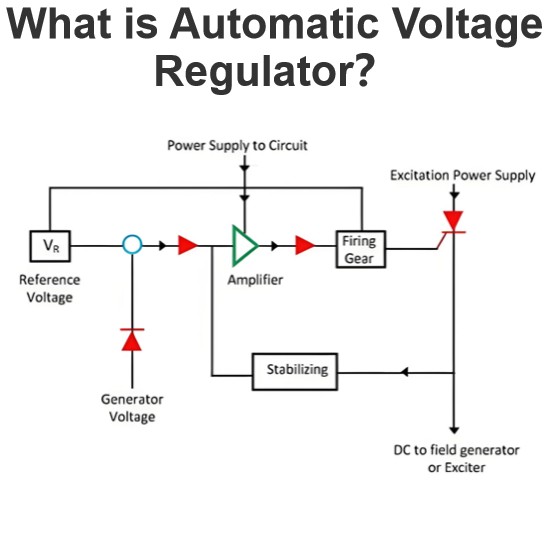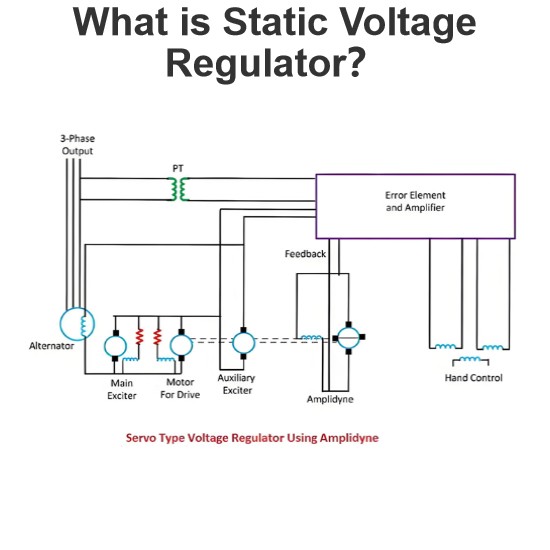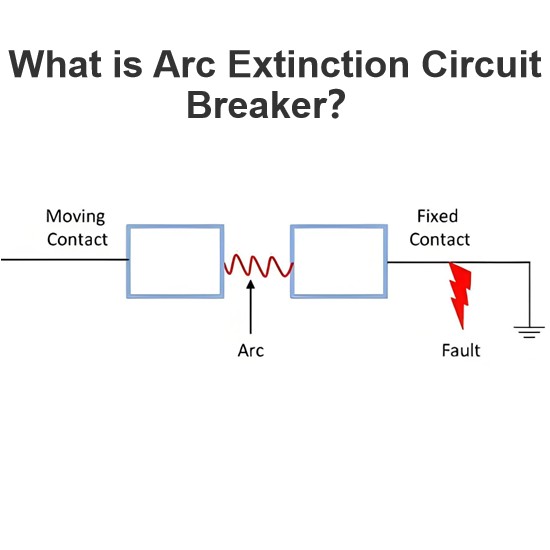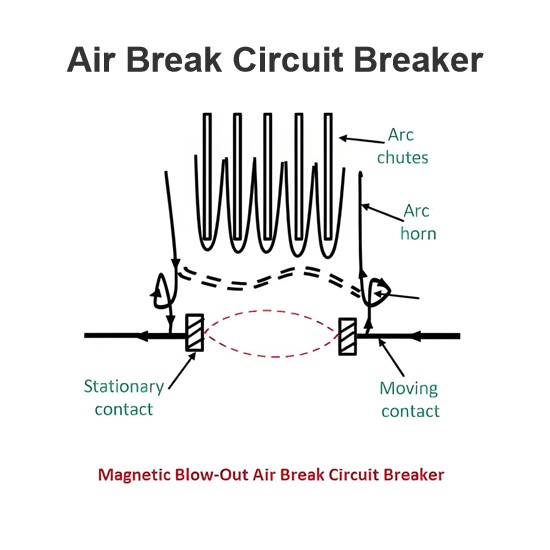Why are electrical conduit pipes essential for safe electrical installations?
Electrical conduit plays a vital role in ensuring safe electrical installations. Here are several key reasons why electrical conduit is crucial:
1. Physical Protection
Mechanical Protection: Electrical conduit protects wires and cables from mechanical damage, such as cuts, abrasions, and impacts. This is particularly important during construction and maintenance, especially when wires are installed within walls, floors, and ceilings.
Environmental Protection: Conduit also shields wires and cables from environmental factors like water, chemicals, dust, and other contaminants, extending their lifespan.
2. Fire and Heat Protection
Fire Resistance: Electrical conduit can prevent fires caused by overheating or short circuits. Metal conduits, such as steel pipes, have excellent fire-resistant properties and can limit the spread of fire.
Heat Dissipation: Conduit helps dissipate heat, preventing wires and cables from overheating and damaging. Good heat dissipation improves the overall safety of the electrical system.
3. Electrical Isolation
Insulation: Conduit provides an additional layer of insulation, preventing short circuits and leakage between wires and cables. This is especially important for high-voltage and high-current applications.
Grounding: Metal conduit can serve as part of the grounding path, providing extra grounding protection and ensuring the safety and reliability of the electrical system.
4. Ease of Maintenance and Inspection
Accessibility: Wires and cables within conduit are easily accessible for inspection and replacement without dismantling the entire structure. This makes maintenance and troubleshooting more convenient and efficient.
Standardization: Conduit systems typically follow standardized design and installation guidelines, ensuring consistency and reliability in electrical installations.
5. Compliance and Regulatory Requirements
Regulatory Requirements: Many national and regional electrical installation codes (such as NEC, IEC) require the use of electrical conduit in certain situations. Compliance with these codes ensures the legality and safety of electrical installations.
Insurance Requirements: Some insurance companies mandate the use of electrical conduit to reduce the risk of fires and electrical accidents, thereby lowering insurance premiums.
6. Aesthetic and Neatness
Appearance: Conduit can conceal wires and cables, making the installation look cleaner and more aesthetically pleasing, especially in commercial and residential environments.
7. Electromagnetic Interference Protection
Shielding: Metal conduit can provide electromagnetic shielding, reducing electromagnetic interference (EMI) that can affect sensitive electronic equipment, ensuring signal stability and integrity.
Summary
Electrical conduit ensures the safety and reliability of electrical installations by providing physical protection, fire and heat protection, electrical isolation, ease of maintenance and inspection, compliance with regulatory requirements, aesthetic neatness, and electromagnetic interference protection. These features make electrical conduit an essential component in modern electrical installations.
The Electricity Encyclopedia is dedicated to accelerating the dissemination and application of electricity knowledge and adding impetus to the development and innovation of the electricity industry.













